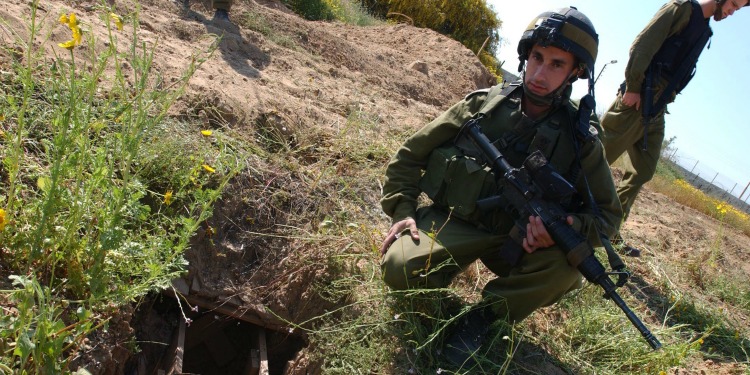The Mark of a Hero
The Fellowship | June 20, 2019

“Although it is true that I am a guardian-redeemer of our family, there is another who is more closely related than I . . . if he wants to do his duty as your guardian-redeemer, good; let him redeem you. But if he is not willing, as surely as the LORD lives I will do it.” — Ruth 3:12-13
What does it mean to be a man of faith? In Jeremiah 17:7-8, we are reminded that “one who trusts in the LORD…is like a tree planted by the water…It does not fear when heat comes; its leaves are always green.” A man of faith thrives and is fruitful because he is connected directly to the Source of Life. Through the timeless teachings or Rabbi Yechiel Eckstein, we look at the defining characteristics from the lives of six biblical, godly men.
How do you define a hero? Often we tend to think of men or women who have exhibited remarkable bravery or courage, or who have committed extraordinary acts of strength. For most of us, a hero is someone who has gone beyond the expected and the ordinary, and who has achieved greatness because of it.
In listing the great heroes of the Bible, men like Noah, Abraham, Joseph, Moses, Gideon, Joshua, and David, among others, come to mind. Each in their own right accomplished great things for God and His people. So when we come to the story of Ruth, it might be easy to overlook Boaz as a hero. After all, he didn’t kill a giant, go off to a foreign land, deliver a people from enslavement, or win great battles.
But throughout the story of Ruth, Boaz quietly and consistently exhibited heroic qualities. You see it in his dealings with other people. He was always sensitive to the needs of others. His words to his workers, his relatives, and others were colored with kindness. When faced with a choice, Boaz made the right one, not the easy one.
We see this demonstrated when Ruth approached Boaz to be her kinsman-redeemer — a relative who volunteered to take responsibility for the extended family in the event of a husband’s death by marrying the widow. The relative did not have to marry the widow. If he chose not to, the next nearest relative could take his place.
Boaz was a close relative, and from his actions, it is clear that he was attracted to Ruth and agreeable to marrying her. But he was not the kinsman-redeemer. Unbeknownst to Naomi and Ruth, there was a closer relative who had to be given the option to marry Ruth and acquire the property involved.
In following the proper steps and seeking out that other relative first, Boaz was acting in Ruth’s best interest. Above all else, he wanted to see Ruth provided for according to Mosaic law — even if that meant Ruth would marry the kinsman-redeemer and not himself. Boaz put aside his personal feelings for his desire to do the right thing, and ultimately, bring honor to God.
We often are faced with this type of challenge in our choices— we can choose to do what is easiest and most expedient for us, or we can choose to do what is right and follow God.
More often than not, the right choice is clear. Making it is the mark of a real hero.
